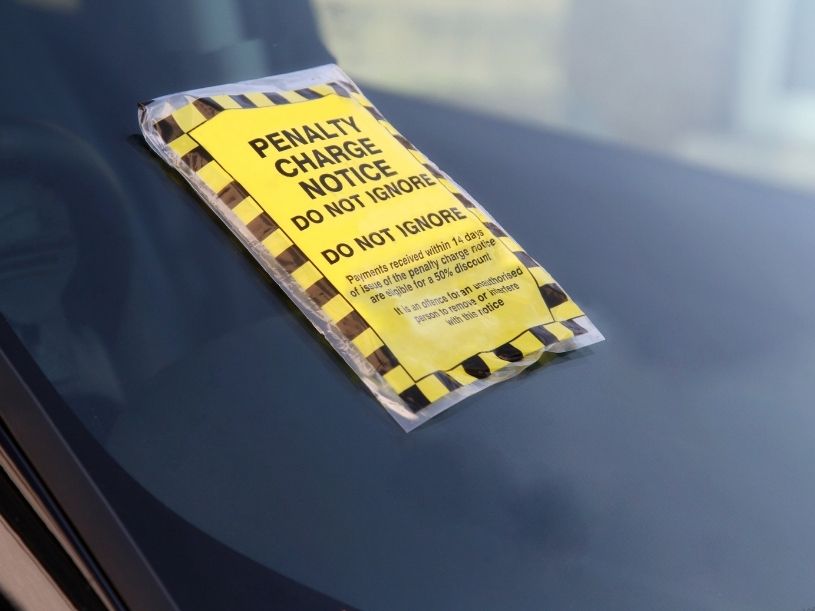Does leasing a vehicle help my company accounts?
The main advantage of Business Contract Hire leasing is that it’s tax-efficient and suitable for company accounts because the vehicle is not shown as a liability on your balance sheet.
Your company’s balance sheet is vital because that is what is used to judge whether people will give your business credit. Being able to obtain credit is hugely essential for many businesses. If you stretch yourself by buying a fleet of cars through traditional means, you will show an enormous level of liability on your books.
For example, if you purchased ten vehicles for £30,000 per car, that’s a fleet cost of more than a quarter of a million pounds and could have an impact on your business obtaining future credit for years.
With Business Contract Hire, vehicles are not shown as an asset or a liability on your company’s balance sheet, which gives you an advantage as it allows you to apply for more credit for other important business assets.
View all car lease deals

.jpg?_=220a163f)
.jpg?_=220a163f)
.jpg?_=220a163f)









.jpg?_=220a163f)
